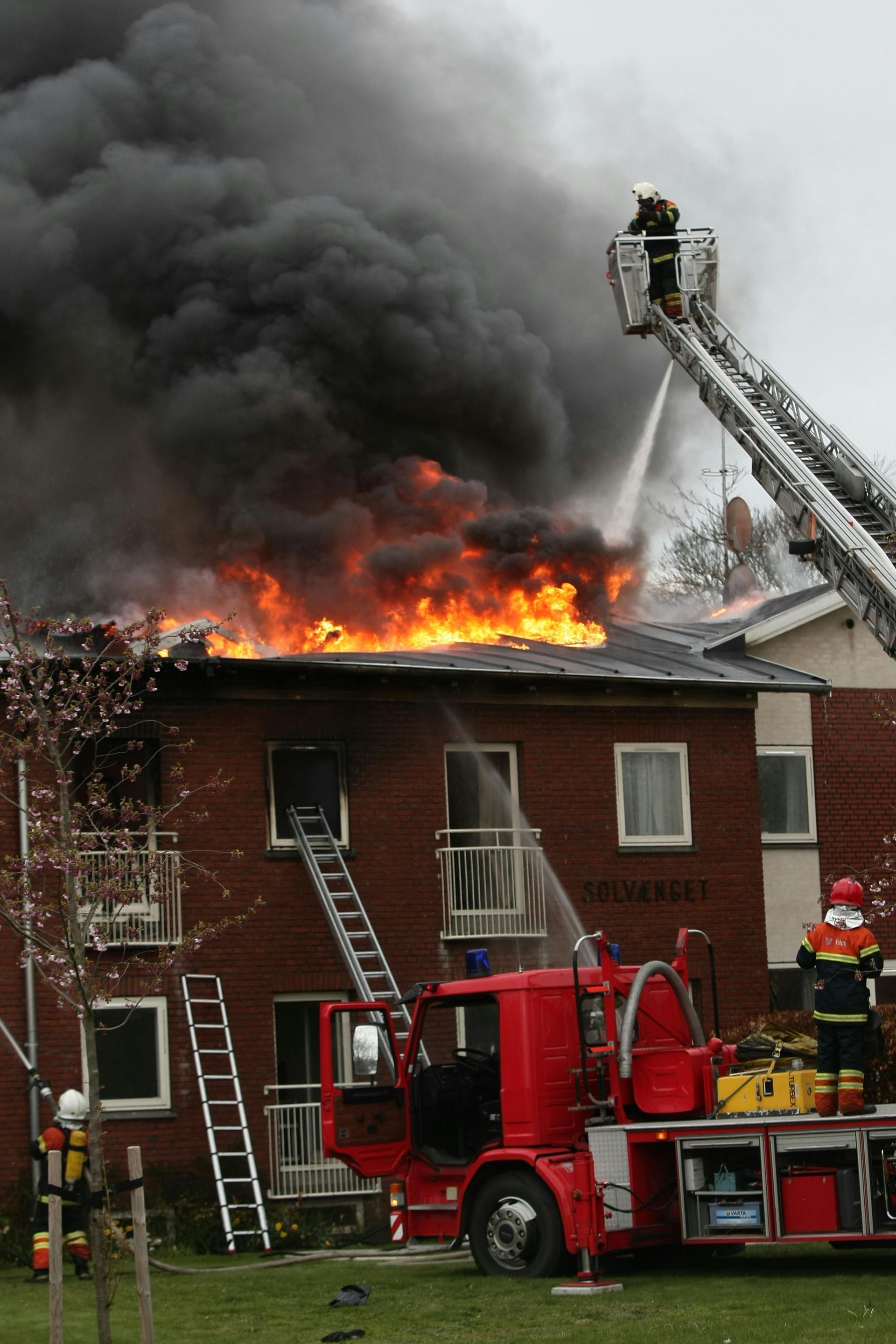Roofing and the law - factors to consider for your roofing work
Replacing a roof is a significant project for any property owner and while the focus often lies on materials, design, and durability, legal considerations are just as crucial. If you’re in Manchester and considering a roof replacement, understanding the relevant building regulations and legal obligations is essential to avoid costly fines and ensure the safety and value of your property. In this blog article, we’ll guide you through the primary legal factors to consider when replacing your roof.
Building Regulations: Essential Compliance for Roof Replacement
In the UK, building regulations ensure that all construction work, including roof replacements meet the safety and quality standards. Failure to comply with these regulations could lead to hefty fines and might even require you to remove the roof and start over. Here are the key areas to keep in mind:
- Structural Integrity: Any roof replacement must ensure the roof’s strength and stability. If you’re switching from a lighter material (like slate) to a heavier one (like concrete tiles), you may need to reinforce the structure to support the extra weight.
- Thermal Efficiency: Building regulations require that new roofs meet specific standards for insulation. Poor insulation can lead to higher energy costs and even fines if it doesn’t meet minimum energy efficiency standards. For flat roofs, there are different insulation requirements than for pitched roofs, so be sure to consult a professional roofer.
- Ventilation: Proper ventilation is essential to prevent issues like condensation and mould. Building regulations require sufficient airflow, especially for newly constructed or re-roofed properties. An experienced roofing contractor will ensure your new roof has adequate ventilation to protect your home and the new roofing materials.
- Fire Safety: Building materials used for roofing must meet UK fire safety standards. Always check that your chosen materials are rated for fire resistance, particularly if you’re in areas close to other buildings or live in a property that is attached to others.
Planning permission - do you need it?
In most cases, roof replacements that don't change the appearance or height of the existing roof don't require planning permission. However, there are exceptions, and it’s best to verify with your local council or roofing contractor to avoid future complications.
- Listed Buildings: If your property is a listed building or located in a conservation area, you will likely need planning permission for any roof changes. Historic England and the local council will have strict guidelines on the types of materials and designs allowed.
- Conservation Areas: If you live in a conservation area, then you may need planning permission to carry out work to your roof. This may include replacing ornate features such as timber gutters, or stone tiles on a like for like basis. The local authority planning department will be able to advise if your property has special planning restrictions. Check the following link or a list of conservation areas in Manchester.
- Extensions and Dormers: If your roof replacement includes an extension, like adding a dormer window or skylight, planning permission may be necessary. Even though Permitted Development Rights (PDR) cover many small extensions, there are still limitations based on your property's location and type. It is awlays best to liaise with the local authority planning department before adding an extension or dormer to your property.
Work Waste Disposal Regulations: Handling Old Roofing Materials
Replacing a roof can generate significant waste, from old tiles to insulation materials. The UK has strict regulations for the disposal of construction waste to protect the environment. Working with a reputable roofer in Manchester means they will manage waste disposal for you, following these guidelines:
- Hazardous Waste: Asbestos, often found in older roofs, is classified as hazardous waste and requires specialist removal. If your roof has any asbestos components, make sure your contractor is licensed to handle and dispose of it properly.
- Recycling: Many roofing materials are recyclable, including metal, tiles, and even some types of insulation. Ask your roofing company if they have a waste carriers license in place to minimise the environmental impact of your roof replacement.
Party Wall Agreements: If You Share a Wall with a Neighbour
In semi-detached or terraced properties, your roof may connect with your neighbour’s. If your roof replacement will affect a shared wall or boundary, a Party Wall Agreement might be required by law. This agreement ensures that both you and your neighbour are protected from potential disputes over property boundaries and damage.
- Notification: In most cases, a conversation will be a good starting point to notify your neighbour that you are carrying out any roofing work which may impact the boundary line. Formally, you must inform your neighbour in writing at least two months before starting work. Failure to do so can lead to legal disputes and project delays, particularly if your neighbour is in disagreement with the works.
- Cost Responsibility: Generally, the person initiating the work covers the costs associated with the Party Wall Agreement. However, your contractor should guide you on this, as there are often mutual agreements possible in certain situations.
Insurance: Protecting Your Property and Workers
Insurance is vital for any roofing project, both to protect your property and the workers involved. Without adequate insurance, you could be financially liable for accidents or damage.
- Public Liability Insurance: Confirm that your roofing contractor has public liability insurance. This covers any accidental damage to your property or neighbouring properties during the work.
- Employer’s Liability Insurance: If the roofing contractor employs a team, they’re legally required to have employer’s liability insurance. This protects the workers in case of injury and ensures that any potential claims won’t fall on you.
- Home Insurance: Check with your home insurance provider to ensure your policy covers any potential damage or losses during the roof replacement. Some insurance providers require notification before you start significant renovation work to guarantee continued coverage.
Construction Design Management Regulations 2015 (CDM 2015)
- The CDM regulations place responsibilities on 5 key duty holders involved with construction works. These include the client, principal contractor, principal designer, designers and contractors. As the property owner, your duty under CDM will be to act as the client. Under this role, you have a responsibility to ensure that you employ roofing contractors that are suitably qualified to carry out the work. We recommend to look for contractors accredited by recognised industry bodies like the National Federation of Roofing Contractors (NFRC) or TrustMark. These certifications help to confirm that they follow industry standards and regulations.
- Request a construction phase plan: a construction phase plan sets out how the principal contractor intends to manage the work. It can be a simple statement outlining who they key points of contact are, start and end dates and a description of the works. It should also include a written statement for how the contractor will manage any hot works, subcontractors and emergency evacuation procedures.
- Warranties and Contracts: Always request a written contract and a warranty for the work. A contract outlines the scope, timeline, and cost, protecting you if there are any disputes. Warranties ensure that you have coverage in case of material failure or improper installation.
Timeline Restrictions: Consideration for Noise and Disruptions
In Manchester, the local authority enforces restrictions on construction noise, especially in residential areas. Your roofing contractor should be aware of these limits, but it’s essential to know your rights as well:
- Permitted Working Hours: Typically, construction work is permitted between 8 am and 6 pm on weekdays and until 1 pm on Saturdays. Be mindful of these hours to avoid complaints from neighbours or intervention by local authorities.
- Notifying Neighbours: While it’s not legally required, informing your neighbours about the roofing work can help reduce complaints and foster goodwill, especially if the project may cause temporary disruptions.
Conclusion
Replacing your roof is a significant investment, and understanding the legal factors involved ensures that the process goes smoothly. From building regulations to planning permission, waste disposal to CDM, complying with these legal requirements safeguards you, your property and avoids unexpected complications. At Manchester Roofing Repairs, we take pride in providing expert guidance, quality workmanship, and comprehensive support for every roof replacement.
Need assistance with your roofing project? Contact our Roofers in Manchester for a consultation, and let’s make sure your new roof meets all regulatory requirements while adding value, safety, and comfort to your home.
You might also like
Roofers Manchester
Book a Roofer Today
We will get back to you as soon as possible
Please try again later
Trusted Roofers in Manchester
Sitemap
Services
New Roofs
Flat Roofs
Roof Repairs
Fascias and Soffits
Working hours
- Mon - Sun
- Open 24 Hours



